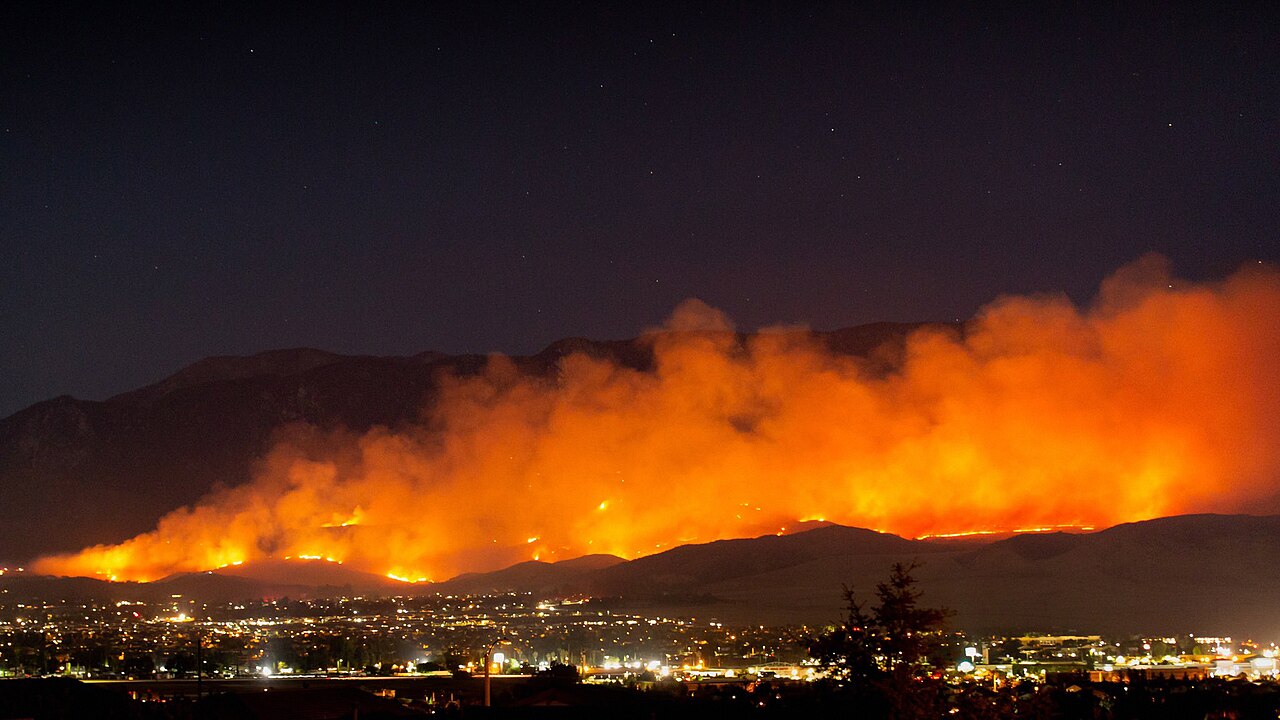Smoke from wildfires in Western Canada will soon be drifting high overhead, but it poses no health risk in Eastern Ontario, says Environment Canada.
“Taking a look at our guidance and the weather patterns this week and the way things are panning out, it doesn’t look like Eastern Ontario needs to be concerned about its air quality at this time,” Trudy Kidd, a warning preparedness meteorologist with Environment Canada, said Monday.
“At best, people might see some haze in the skies in the coming days as the forest fire smoke makes its way through and disperses aloft, but from what we can tell at this time, the particulate matter — and that’s what’s of concern when it comes to forest fires — we’re expecting it to stay aloft,” she said.
Comments closed
